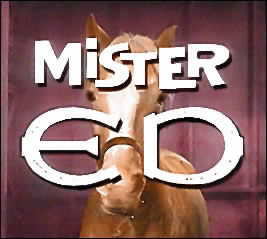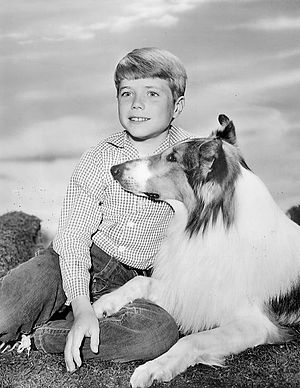 Lakota storyteller: painting. (Photo credit: Wikipedia)
Lakota storyteller: painting. (Photo credit: Wikipedia)We all tell stories. We relate what happened to us at work or school or while out running an errand. We recount memories of past events as we remember them. The storyteller gives color to a past event whether or not the facts are accurate. In many families the oral tradition of the family storytellers is the primary connection to family history. The stories may be passed down through the generations with names, dates, and facts confused or forgotten. Some of the stories may disappear entirely from the collective family memory.
This is where the archivist becomes useful. Many of us keep photo albums or scrapbooks that record parts of family history. The serious archivist will label photos or mementos with names, dates, places, and other notes that will help identify what has been preserved.
Archivists may also retain documents such as marriage licenses, diplomas, report cards, or other such things from parents or other relatives who may have passed. Artwork, antiques, and other heirlooms can also be part of an archive. The home of the expert archivist may take on the elements of a museum. When well organized and displayed, such a collection can be an absolute delight to ponder.
Then there are the hybrid methods of maintaining historical record. Some who keep a diary may be simply archiving facts and data as a chronological record, while others may embellish that record by expanding their accounts into stories. Some blogs do something similar to this.
The "newsletters" that family and friends often send to others during the holiday seasons are another type of hybrid record that archive the events of the year in letter or story form. Sometimes we may not care about or even know the people whose lives are recounted in these, but they are all part of a history--our history.
My pack rat tendencies incline me to keep things like those newsletters, meaningful cards and letters, or other things that might represent some point in the timeline of my life. I am an archivist, albeit a poorly organized archivist. Eventually I intend on organizing everything properly, but at least I have many things that provide some clues and records to who I am and who I was. I am also a storyteller who plans to compile my stories into book form.
Hopefully the things we save, the archives we maintain, and the stories we record will be one day be appreciated by our children, grandchildren, and generations down the line. Thankfully many generations of the past had the foresight to do this to give us the knowledge of history that we have now. Not just the big picture of the history that we study in school, but the little bits of lives of people like ourselves who lived in times before we arrived on this Earth.
It's human nature I guess. We want to leave something behind to let others know that we were here. It's our legacy. Our archive. Our stories...
Are you a storyteller or an archivist? Or are you a bit of both? What are some of the things you do to leave a legacy and continue your family story? Do you think what you are doing will help you or has helped you in writing a memoir?
























